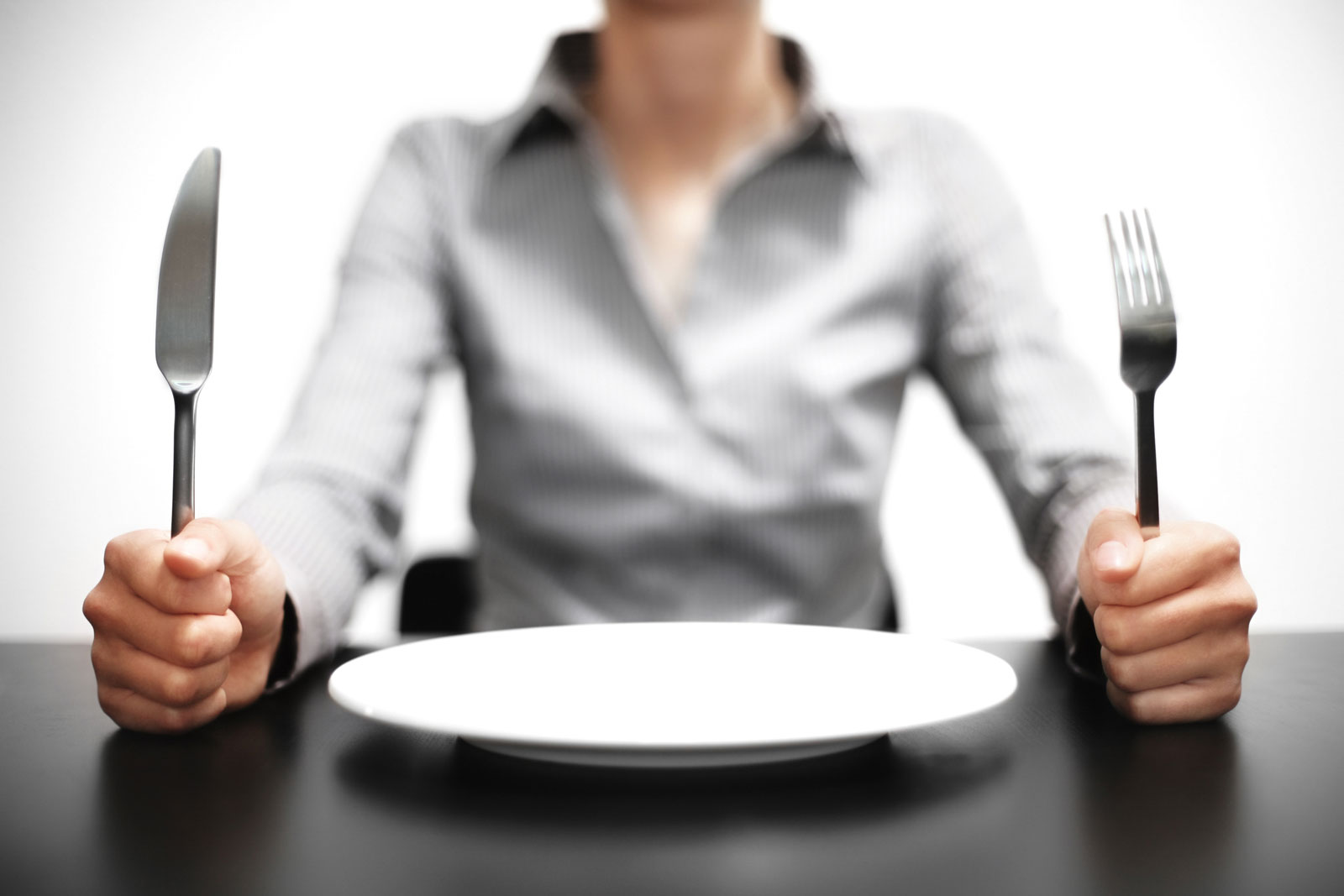The Local newsletter is your free, daily guide to life in Colorado. For locals, by locals.
You’ve probably heard the somewhat conventional advice that six small daily meals instead of three squares will help you slim down—or at least curb weight gain. Now, some nutrition enthusiasts are touting an opposite strategy: intermittent fasting, or not eating for certain time spans throughout the day. (The general recommendation is at least 16 hours, or, say, 6 p.m. to early afternoon the next day.) According to Dr. Angela Tran, a doctor of internal medicine and obesity medicine and owner of the Fit Medical Weight Loss Clinic in Stapleton, intermittent fasting is gaining popularity in Colorado, but shouldn’t be viewed in the same light as other well-known diets. “This is not like the Whole30 Program or the paleo diet, which you can do at home,” she says. “This is definitely a process that should be medically monitored.”
The fasting trend has surged with books like Canadian author Dr. Jason Fung’s recent The Obesity Code: Unlocking the Secrets of Weight Loss, which ranked in Amazon’s top 10 diet books in late 2017 and promotes controlling insulin levels by not putting food in your body. Insulin is a hormone that tells cells in your body either to store blood sugar as fat or use it for energy. The average American diet can cause insulin to shoot up because of the high sugar content in processed foods, and the more insulin we have, the more likely our bodies are to store sugar as fat. The idea behind fasting, according to Fung’s book, is to reduce insulin to very low levels so the hormone doesn’t have a chance to convert as much sugar into fat.
Not everyone is a fan of the method, especially as a DIY strategy. Tran says intermittent fasting could create negative relationships with food, including eating disorders such as anorexia or binging. Plus, “my typical patients have medical conditions such as diabetes and high blood pressure. This type of diet could be very dangerous if a patient is not properly monitored.”
Here’s the other rub: Because insulin also converts sugar to energy, depriving your body of food may lead to fat loss, yes, but also to fatigue and muscle loss, which can hinder effective metabolism. Athletes should be especially wary of this approach, says Matt Preston, a biological nutritionist and owner of Colorado Nutrition in Boulder and Fort Collins. He advises focusing on training the body to burn more calories by building muscle mass, which increases metabolism. Bottom line? “There’s no one diet that fits all,” Tran says. So before you, uh, gobble up the latest fad, check with your doctor.









